Tidbits - June 9, 2016 - Reader Comments: Social Security and Primary Activism; Muhammad Ali; Fascism??; Voter Repression; New York Labor Activism; Dixie Chicks; and more....
Portside
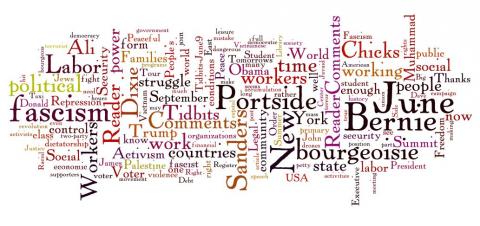
Reader Comments: Obama changes course on Social Security due to primary campaign and sharp debates - thank you Bernie; Muhammad Ali remembered; Voter Repression; Reason right is on the rise - is it beginnings of fascism?; New York labor activism - teachers, taxi drivers, B&H workers solitary June 14; radical leisure and denial of summer vacations; opposition to Gov. Coumo anti-BDS executive orders - smacks of McCarthyism; Dixie Chicks new tour hits out on Trump; more...

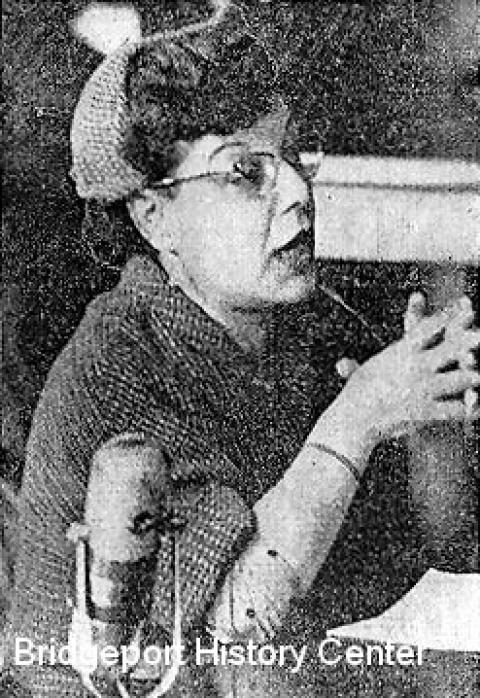
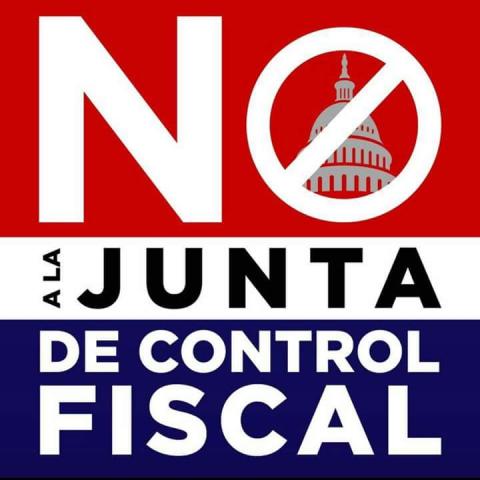
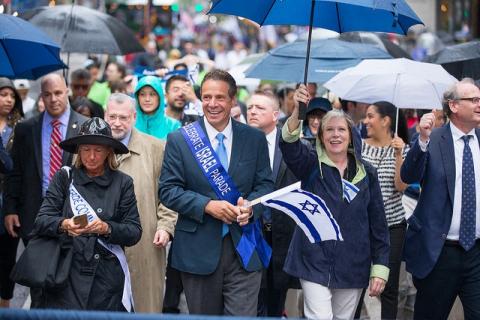
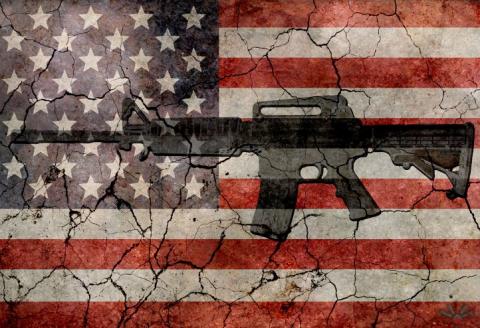
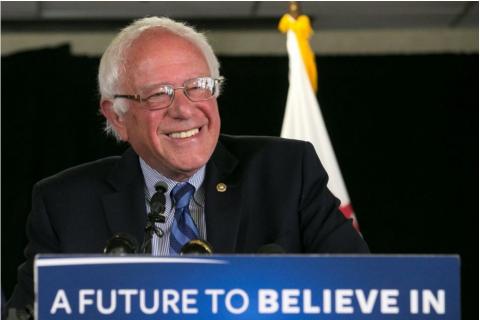
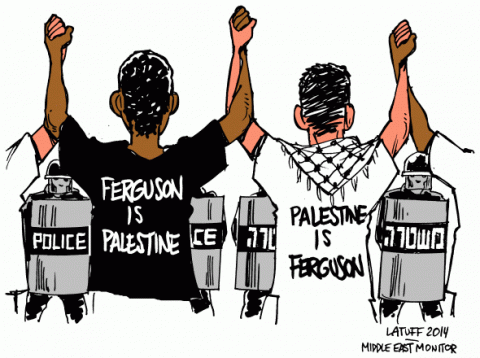


Spread the word